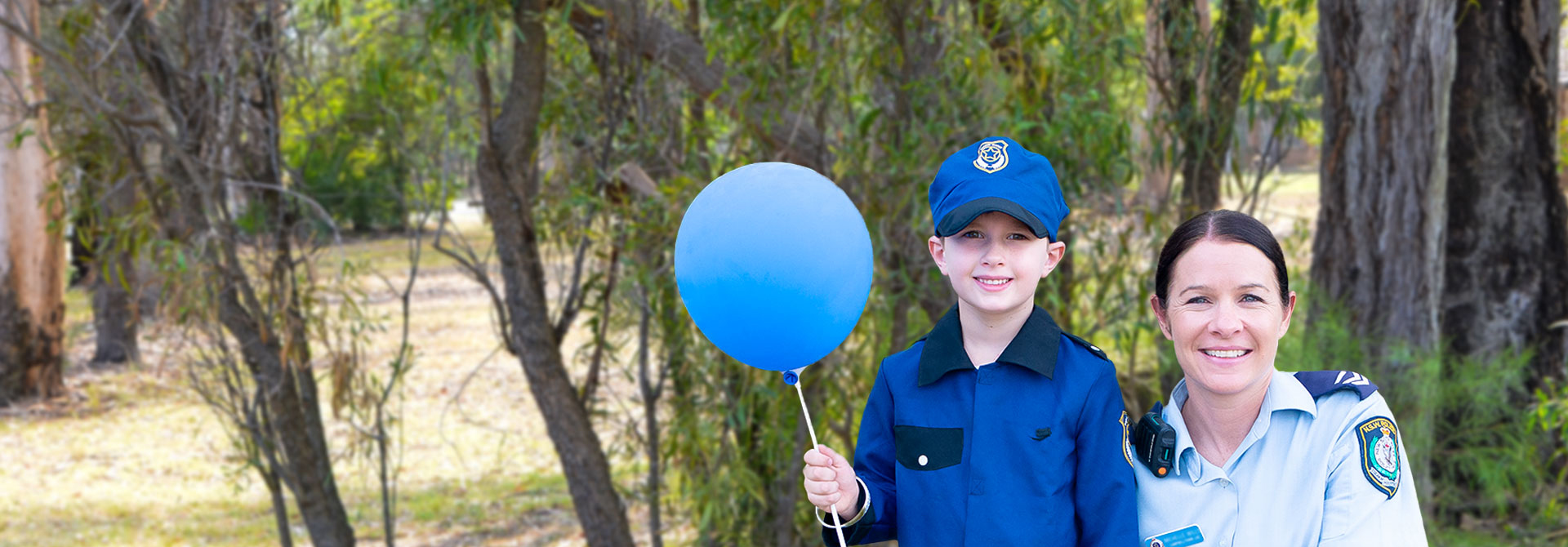Find your local police station or choose from the options below.
All Emergencies
Triple Zero (000)
Online Services
Community Portal
Non-Emergency
131 444
Crime Stoppers
1800 333 000

All Emergencies
Online Services
Non-Emergency
Crime Stoppers
